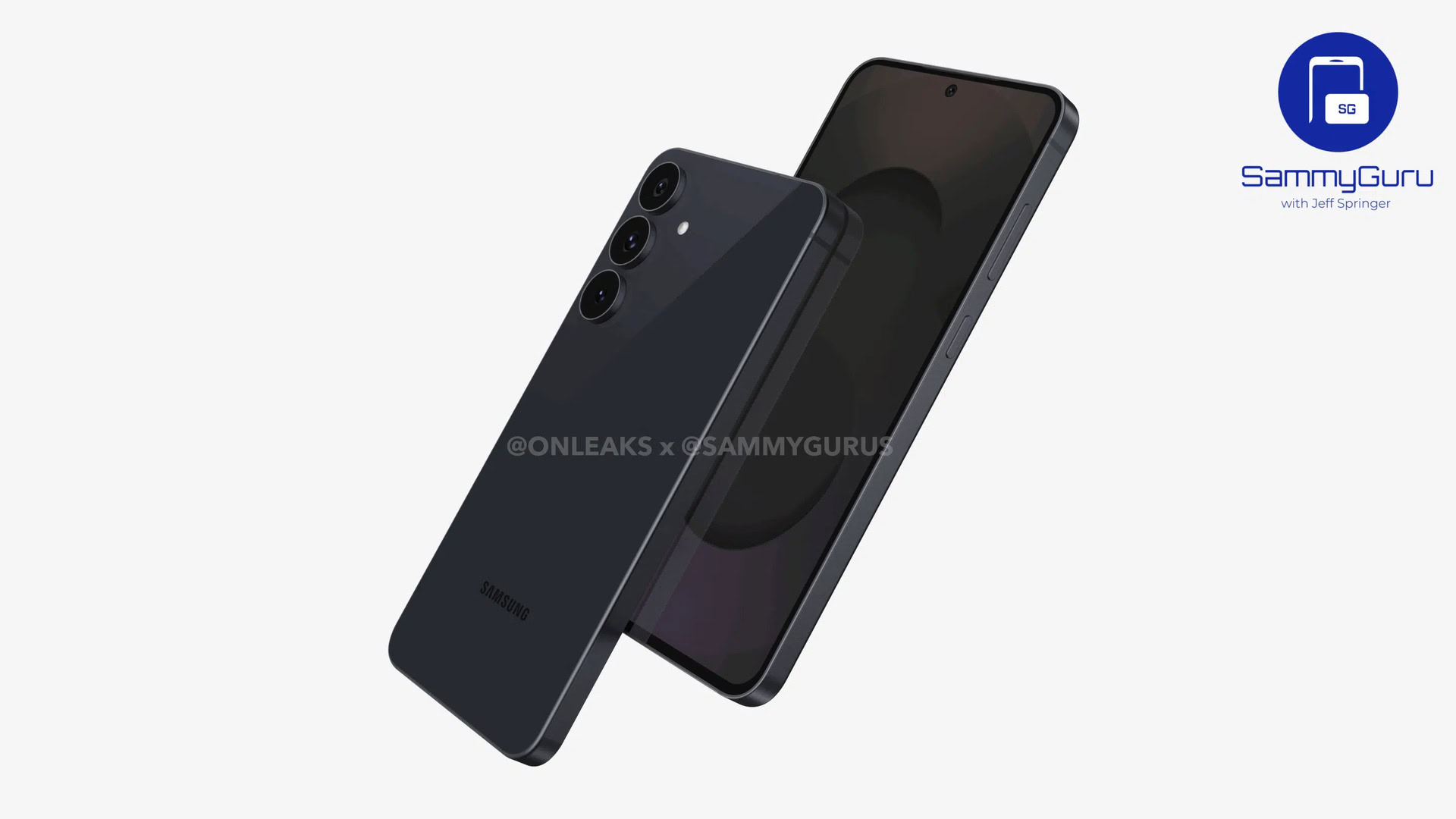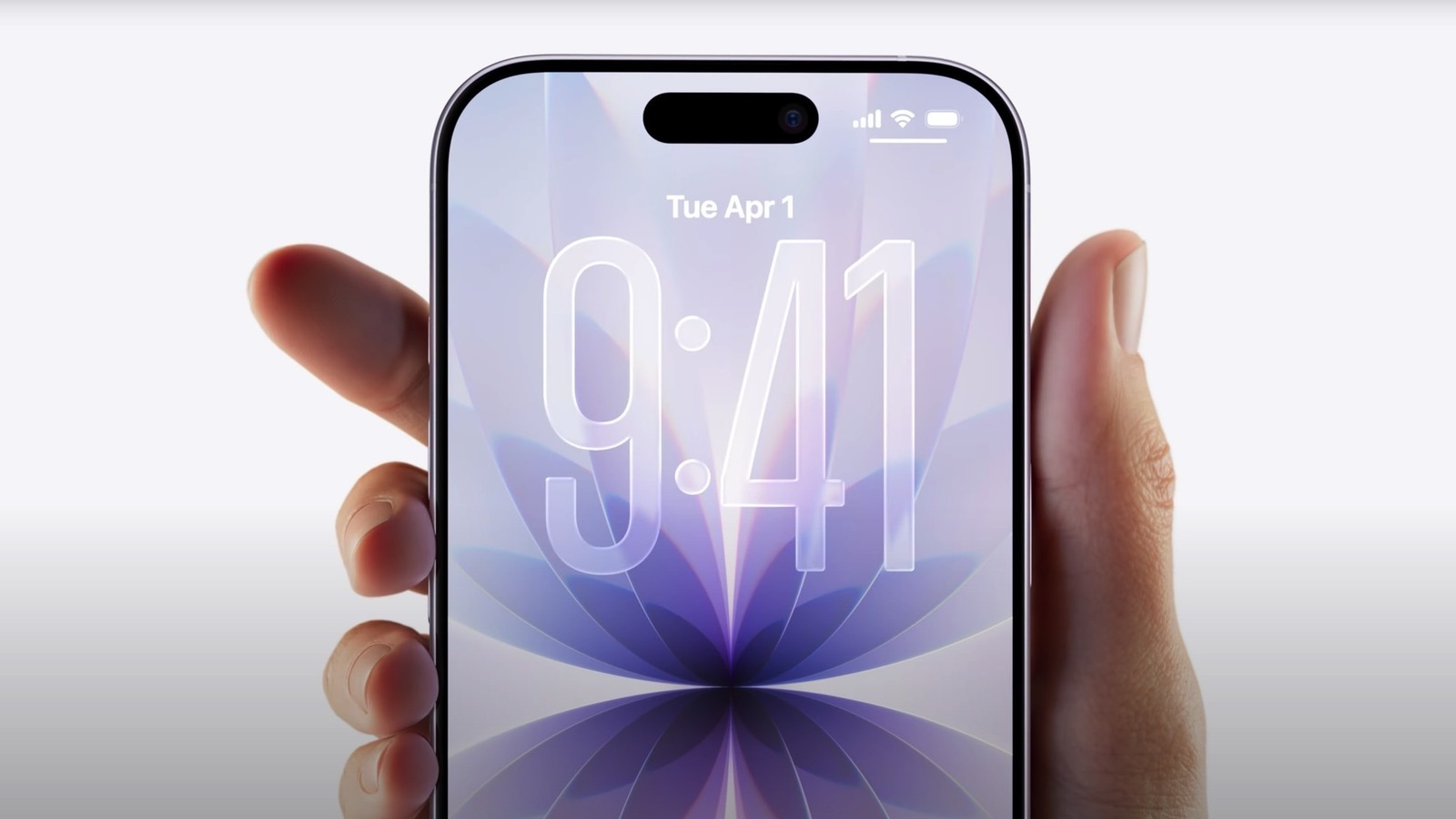Earlier this week, Meta officially flipped the switch on in-app advertising for WhatsApp users worldwide, marking the first time ads have appeared inside the messaging platform. But if you’re in the European Union, there’s now an important update: the rollout won’t be happening for you… yet.
Europe’s privacy guardrails hold yet again
In comments to reporters today (via Politico), Ireland’s Data Protection Commission (DPC) said WhatsApp has informed them that the new ad model won’t go live in the EU until next year at the earliest.
Here’s Des Hogan, Ireland’s Data Protection Commissioner:
“That new product won’t be launching in the EU market until 2026. We have been informed by WhatsApp and we will be meeting with them to discuss any issues further.”
The delay comes just days after Meta’s announcement that ads would begin appearing globally in the WhatsApp “Updates” tab, specifically inside Status posts (similar to Instagram Stories) and the Channels list.
As we observed just a few days ago, Meta says the new ad system is designed to be as “privacy-oriented” as possible, though it does rely on personal signals like your city, language, and interactions with Channels and ads. And for users who have linked WhatsApp with their Meta Accounts Center, ad preferences from Instagram and Facebook will also further target what you see.
To nobody’s surprise, that cross-platform data-sharing element in particular raised immediate concerns from European privacy advocates and regulators.
The DPC says it will now open discussions with WhatsApp, and with other EU data protection authorities, to review the planned ad model in more detail before it launches in the region.
“We’re still early days,” said Dale Sunderland, another commissioner at the DPC. “We’ll engage as we do with every other new feature, new issue that they bring to us… and at this stage, it’s too early to say what, if any, will be any red line issues.”
A dicey move at a critical time
It’s also worth noting that Meta is currently facing an antitrust lawsuit in the US that could force it to unwind its acquisitions of Instagram and WhatsApp.
During the trial, Meta called just eight witnesses, a move many interpreted as a sign the company feels confident it will win. The fact that it’s now rolling out an ad feature that ties its platforms even more tightly together could be seen as further proof that Meta expects to come out unscathed.
Moreover, Meta routinely argues that any regulatory action affecting its cross-platform integration and advertising business would only hurt small businesses, who rely on advertising. But depending on your perspective, that same level of integration can just as easily be viewed as a reason why the company should be broken up in the first place.
A verdict could come any day now: closing arguments wrapped up a few weeks ago, and Judge James E. Boasberg has said he plans to issue a ruling “expeditiously.”
FTC: We use income earning auto affiliate links. More.







